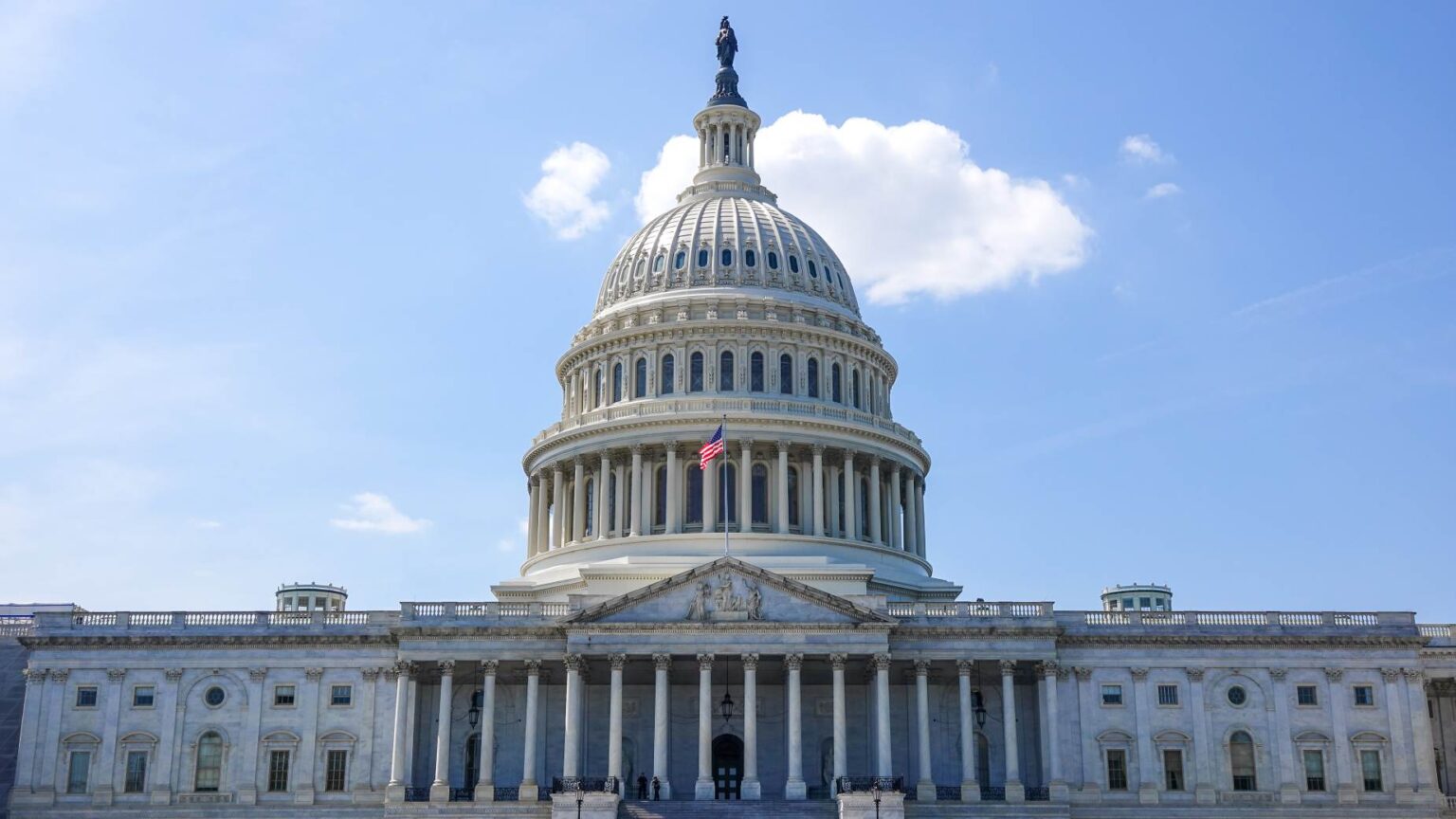The Social Security Fairness Act, which has garnered significant support across the political spectrum, is now poised for a vote in the Senate after passing the House of Representatives with overwhelming bipartisan backing. This legislative effort, which aims to address longstanding issues affecting millions of Americans, is being closely watched by beneficiaries, lawmakers, and experts alike.
At the heart of the Social Security Fairness Act is the proposal to repeal two provisions— the Windfall Elimination Provision (WEP) and the Government Pension Offset (GPO)— which currently affect around 3 million Social Security beneficiaries. These provisions disproportionately impact public service workers, including firefighters, police officers, nurses, and teachers, many of whom have additional pensions but have not contributed to Social Security from those earnings. The WEP reduces Social Security benefits for individuals who qualify for both Social Security and a non-covered pension, while the GPO reduces spousal or widow(er) benefits for those in similar situations.
The WEP and GPO were designed decades ago to prevent people from receiving higher benefits based on earnings not subject to Social Security taxes, such as pensions from state and local government jobs or foreign employers. However, critics argue that these provisions unfairly penalize workers who spent their careers in public service, leaving them with reduced or insufficient retirement benefits. According to MoveOn, which has hosted a petition in support of the repeal, “It is time to stop the lawful robbery of our Social Security benefits.”
The petition, signed by more than 60,000 individuals, emphasizes that public service workers and those with international pensions earned their benefits fairly and should not face cuts in their Social Security due to outdated policies. It argues that the Social Security Trust Fund should not be shored up at the expense of deserving Americans who have contributed to the system.
What to Know about the Social Security Fairness Act
The bill, which passed the House last month by a vote of 327-75, has received nearly unanimous support in that chamber, with a broad coalition of both Republican and Democratic lawmakers backing the effort. The next challenge for the Social Security Fairness Act is securing passage in the Senate, where it also enjoys considerable support. Louisiana GOP Representative Garret Graves, a lead sponsor of the bill, expressed confidence that the bill would find success in the Senate, calling it “the most popular bill in Congress.”
However, there are still concerns, especially from some Republican lawmakers, regarding the cost of the legislation. While there is widespread support for the bill’s aims, critics like Kevin Thompson, CEO of 9i Capital Group, caution that the funding shortfall in Social Security must be addressed before additional pressure is placed on the trust fund. Financial experts like Alex Beene, a financial literacy instructor at the University of Tennessee, agree that repealing the WEP and GPO would benefit affected groups, but warn that it is unlikely to pass this year due to political hurdles.
Despite these challenges, the Social Security Fairness Act continues to gain momentum, with advocates pushing for swift action. The bill’s supporters argue that the time for change is now, and they are urging lawmakers to prioritize the repeal of the WEP and GPO in order to restore full Social Security benefits to millions of Americans who have earned them.
As the bill moves forward, many are watching closely to see if the Senate will pass the legislation, bringing an end to decades of perceived inequities in the Social Security system. With continued public support and bipartisan backing, there is hope that this long-awaited change will finally become a reality.







